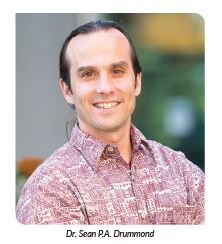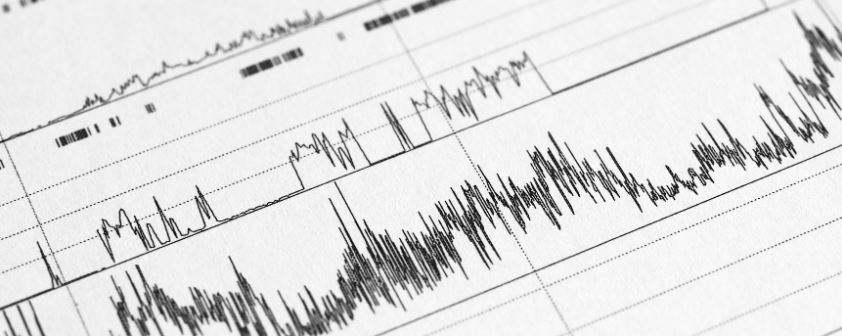Smart apps and devices can track your sleep, but accuracy matters.
Two things motivated me to become interested in wearables. First, I wanted to find a more economical and flexible alternative to research-grade actigraphs (the current standard for assessing sleep vs. wake outside the lab). Second, I saw the explosion of wearables on the market, without the manufacturers providing convincing evidence (or sometimes, any evidence at all) that they accurately measured what they claimed to measure. I think consumers need to know what these devices can and cannot do, or else we risk harming sleep health, rather than helping it.

WHAT I WISH CONSUMERS KNEW
Very few wearables have been independently validated. Independent researchers with no affiliation to the manufacturer should test the device and determine how accurately it measures what it claims to measure. Some companies are very good at promoting their devices and claiming they are “scientifically proven.” However, consumers should demand to see the independent studies, not just those conducted by or with the employees of the company itself.
To be frank, it is my opinion that no consumer sleep tracking device on the market today can identify sleep stages (light sleep, deep sleep, REM sleep) well enough to be useful for the consumer.
WHAT I THINK COMES NEXT
Sleep is being increasingly recognized as the third pillar of good health (along with diet and exercise). We know poor sleep is an independent risk factor for a host of mental and physical health problems. Because of this positive understanding, more and more consumers are interested in tracking their sleep. There is nothing wrong with the decision to track one’s sleep; I just want consumers to know results may not be accurate.
Another growing pain as processes are catching up to technology, is that right now there is no accepted way for a healthcare provider to utilize all the data wearables can provide to improve diagnosis or treatment. The sleep medicine field is working hard to determine the best, most helpful way to incorporate wearables into sleep health recommendations. Part of that process is determining which wearables work as they claim, part is figuring out how to translate the information provided into actionable information for the average consumer, and part involves determining how to add wearable data into medical record information to improve healthcare practice. But this is a work in progress.
Wearables have the potential to dramatically elevate awareness of sleep health and to improve sleep health at the community and population levels. Researchers, manufacturers and consumers can work together to accelerate the pace of that discovery to the benefit of everyone. I look forward to a time when I can recommend the use of sleep tracking devices with confidence. I believe that day will be soon.
……………………………………………….
Professor Sean P.A. Drummond of the Turner Institute for Brain and Mental Health at Monash University has been working and studying in the field of sleep for 30 years.



